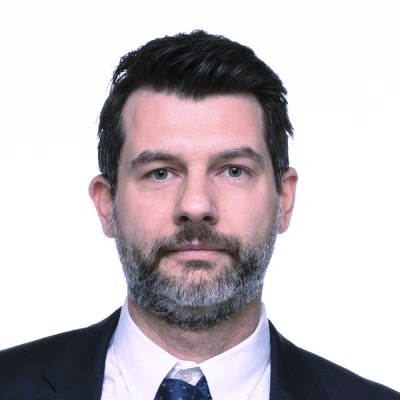The new International Monetary Fund (IMF) Resident Representative for Ghana, Dr. Adrian Alter, has officially assumed office.
Joy Business understands that Dr. Alter began duty on September 2, 2025, after arriving in Accra in August to ensure a smooth handover from his predecessor, Dr. Leandro Medina, who completed a three-year tenure in August 2025.
Dr. Alter has already started work on Ghana’s fifth programme review and has engaged government officials on the IMF-supported programme and the country’s broader economic outlook, particularly in meeting key targets under the ongoing fourth review.
Who is Dr. Adrian Alter?
Dr. Alter is a Senior Economist at the IMF with over a decade of experience in finance, policy, and development. He has supported several countries across Africa, Europe, and beyond in tackling challenges related to financial stability, inflation, and sovereign debt. His work has shaped IMF-supported programmes in Ghana, Serbia, and Tunisia, among others.
Before joining the IMF, Dr. Alter worked with the European Central Bank (ECB), Deutsche Bundesbank, and UBS Investment Bank.
Educational Background
-
2016: Programme on Financial Stability, Summer Institute, Yale School of Management, New Haven
-
2013: PhD in Quantitative Economics and Finance (magna cum laude), University of Konstanz, Germany
-
2009: MSc in Finance, HEC Lausanne, Switzerland
Work Experience
-
2012 (ECB, Frankfurt): Contributed to the Financial Stability Review and surveillance reports.
-
2011–2012 (Deutsche Bundesbank, Frankfurt): Analysed systemic risk, interbank interconnectedness, and capital buffers using the German Credit Register.
-
2009 (UBS Investment Bank, Zürich): Supported the European Equities Trading Floor with research reports for Swiss Equities Management.
Priorities in Ghana
Dr. Alter is expected to coordinate IMF programme activities in Ghana, guide ongoing tax reforms, and serve as the Fund’s spokesperson in the country. He will work closely with the Ministry of Finance, the Bank of Ghana, and civil society groups to help sustain macroeconomic stability and Ghana’s broader development agenda.


